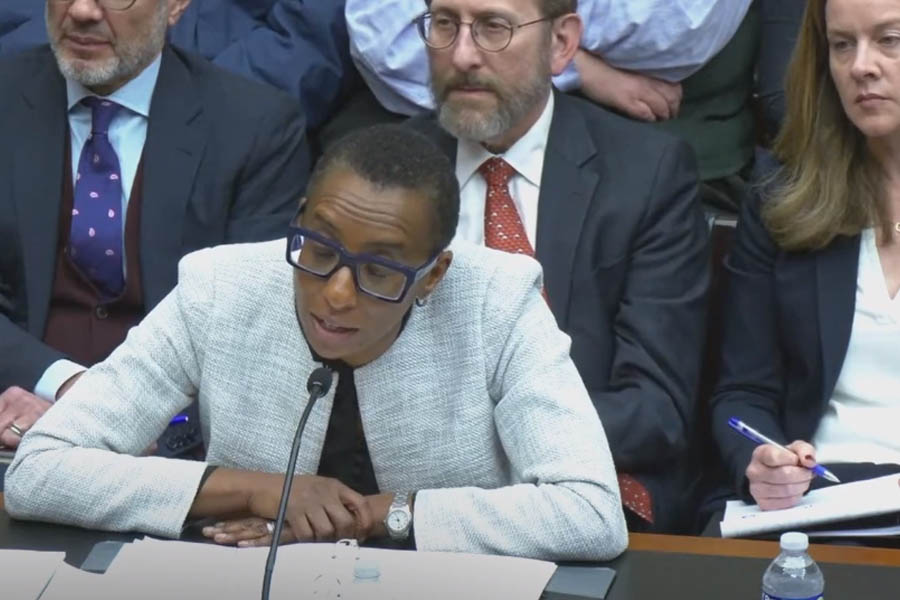
The resignation of Claudine Gay, Harvard's first Black president, has brought to the forefront a cascade of controversies surrounding her tenure. Beyond the recent plagiarism allegations and her testimony on antisemitism, Gay was a central figure in a broader debate about the role and direction of the university.
Affirmative Action Debate:
Gay assumed the presidency amid the aftermath of the Supreme Court's decision to strike down affirmative action. This ruling triggered a nationwide debate on issues Gay was passionate about, including racial diversity among faculty and academic disciplines.
Leadership Style and Criticisms:
While Gay's push for diversity gained support, it also faced backlash. Critics argued that the university, under her leadership, curtailed free speech by sanctioning scholars with conservative viewpoints. Harvard plummeted to the bottom of free speech rankings, raising concerns about the institution's direction.
Expansion of Administrative Oversight:
According to some faculty members, under Gay's leadership, the administrative state of the university expanded, shifting from serving faculty to monitoring them. This shift led to perceptions that Harvard became more of a policing organization, stifling academic freedom.
Challenges at Congressional Hearing:
Gay's lack of experience in public-facing positions became evident during a congressional hearing, where she faced criticism for her testimony on antisemitism. Some argued that she made a political mistake, highlighting the risks of elevating someone without extensive experience in a presidential role.
Plagiarism Allegations and Resignation:
Allegations of plagiarism further eroded support for Gay. Initially backed by the Harvard Corporation, subsequent conservative media reports raised questions among board members about her ability to lead effectively. As the criticism intensified, conversations about her resignation accelerated, ultimately leading to her decision to step down.
Racial Undertones in Criticism:
Gay's defenders argue that racism underlies much of the criticism, emphasizing research indicating that Black women in leadership positions face heightened scrutiny. In a New York Times column, Gay addressed what she described as a campaign against her, fueled by racial stereotypes.
Legacy and Future Challenges:
The resignation has sparked celebrations among those critical of Gay's leadership, but some see it as a broader fight over the university's purpose. Calls for a leader "beyond reproach" and a reintroduction of meritocracy highlight the challenges ahead for Harvard.
Claudine Gay's presidency at Harvard, marked by controversies and debates, comes to an end. Her legacy reflects the intricate intersection of issues such as diversity, free speech, and leadership challenges in an evolving academic landscape. The resignation opens a new chapter for Harvard, prompting broader discussions about the fundamental principles and values that should guide the university's path forward.